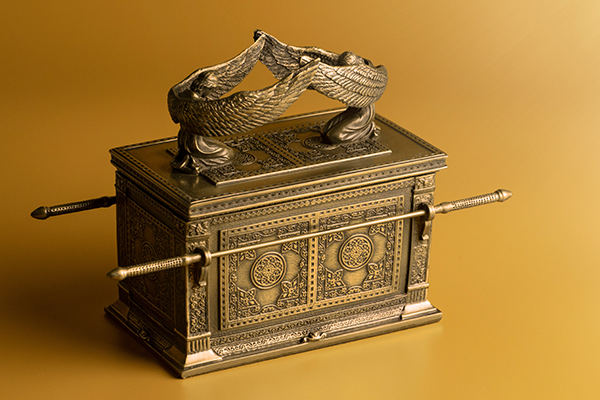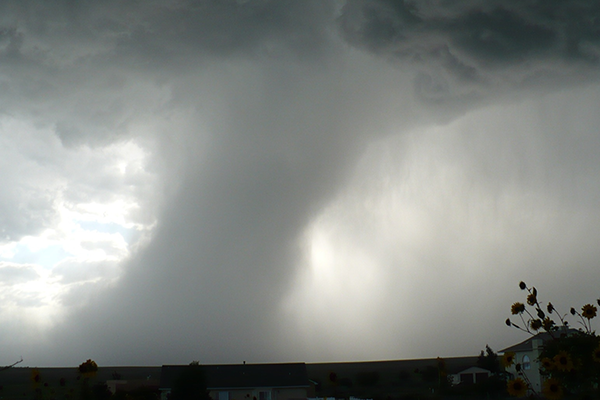
Hopelessness
February 5, 2024
Our Blindness
February 26, 2024Brokenness

It is interesting how we use the word blessed. We say “God bless you” to someone who sneezes, maybe hoping we don’t get what they have. When I sneeze, people say, “God help us.” When something good happens, we say, “We got a huge blessing.” However, Jesus used the word very differently than we might expect. In his Sermon on the Mount, he gave us eight beatitudes or blessed attitudes that reflect what a follower of Christ should look like.
Jesus gave us eight descriptions of a blessed person in Matt 5:3-10. The first four are beatitudes of need, and the last four are beatitudes of action. The first and the last beatitudes end with “for theirs is the kingdom of heaven.” While these are descriptions of the transformed Christian life, they also depict the longing heart for heaven. The ultimate reward where there is no sin and the curse of sin is gone forever.
The first four beatitudes are:
- “Blessed Are The Poor In Spirit”
- “Blessed Are Those Who Mourn”
- “Blessed Are The Meek”
- “Blessed Are Those Who Hunger And Thirst For Righteousness”
The first, “the poor in spirit,” is the starting place for the Christian life. It’s not your family, not your occupation, not your money, not your success, not even your own morality. You bring nothing but your sinfulness, but you receive his grace and mercy—that is poor in spirit.
The second, “those who mourn,” describes the accompanying emotion of contrition and sorrowfulness for sin. The third, “the meek,” is the disposition of humility that comes from God’s transforming work in us. The fourth, “those who hunger for righteousness,” is a real hunger and thirst for righteousness and holiness.
Jesus told a parable that exemplifies these first four parables. Two men went to the temple to pray, one a Pharisee and the other a tax collector. The Pharisees prayed to be heard and thanked God for his goodness and that he was not like the tax collector. The tax collector did not open his mouth but hit himself in the chest and asked God to have mercy on him—a sinner. God heard the tax collector’s prayer but not the Pharisee’s (Luke 18:10-14). All four beatitudes are found in the tax collector.
The second four beatitudes are:
- “Blessed Are The Merciful,”
- “Blessed Are the Pure in Heart,”
- “Blessed Are The Peacemakers,”
- “Blessed Are Those Who Are Persecuted.”
The fifth, “the merciful,” are those who appreciate God’s forgiveness and are willing to forgive others. The sixth, “the pure in heart,” are those who aren’t motivated by man’s approval but serve God and others with an undivided heart. The seventh, “the peacemakers,” brings reconciliation between two people who are at odds with each other, between nations, and most importantly, between God and man through the gospel. The eight, “the persecuted,” are those reviled and rejected for preaching the gospel of Jesus Christ.



